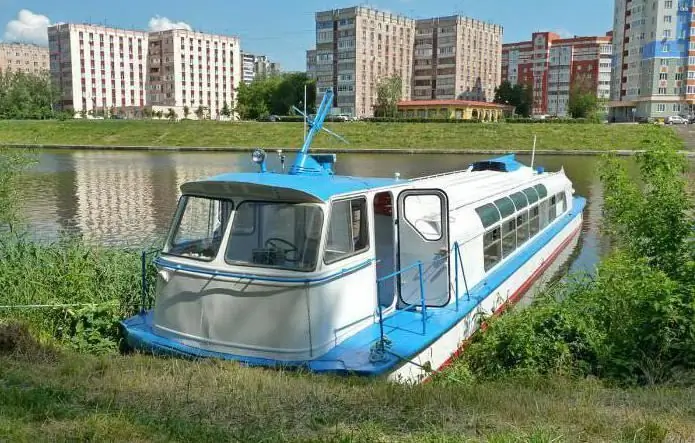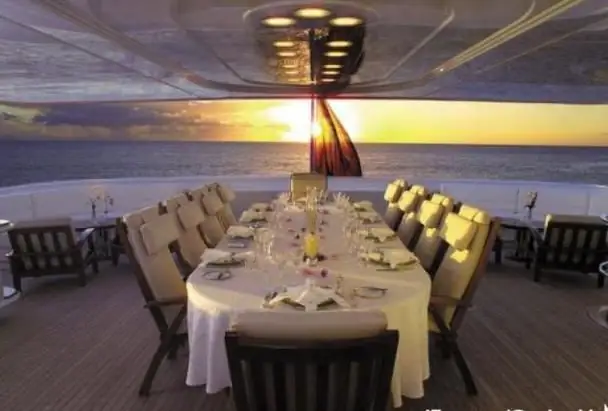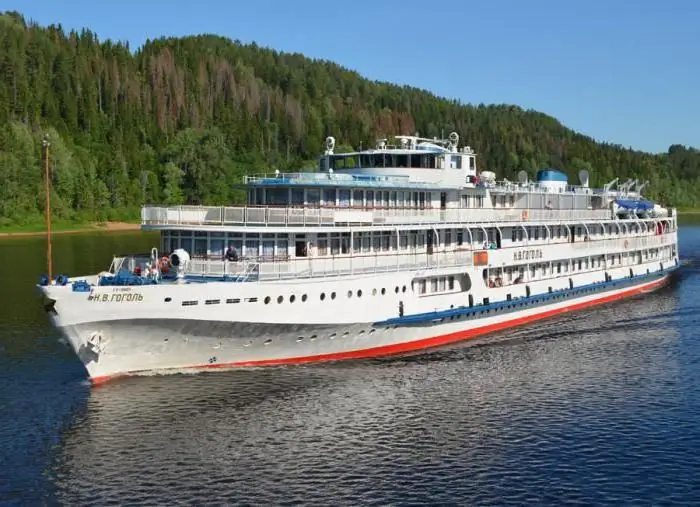- Author Harold Hamphrey hamphrey@travelwaiting.com.
- Public 2023-12-17 10:06.
- Last modified 2025-01-24 11:10.
This young state is considered one of the most multinational in the world. The exotic country, whose name translates as "land of the Bengalis", is not very popular among tourists. There are no entertainment centers and fashionable resorts with luxurious beaches.
Travelers interested in original culture and dreaming of getting acquainted with ancient architectural monuments, many of which are protected by UNESCO, rush here. However, there are also places closed to outsiders that cause real horror among Europeans.
Convenient place for scrapping ships
Bangladesh (on the map it can be found in South Asia, on the Bay of Bengal, east of India) is a very poor country with high levels of unemployment and poverty. It is no coincidence that the world's largest ship recycling center appeared here, because the region has an excess of cheaplabor force, and there are no requirements for labor protection.

In addition, wide beaches with a gentle slope leading into the Indian Ocean contribute to the chosen method of dismantling ships. And high tides only make it easier to "throw" metal parts ashore.
True Branch of Hell
Ship Cemetery in Bangladesh (coordinates: 22°20.304'N, 91°49.9008'E) is located in Chittagong, the second largest city in the state. In just a few years, the coast has acquired numerous areas for ship cutting. On narrow strips of land, ships are destroyed in just a couple of months, from which nothing remains.
This is a scary place where tragedies happen every month. Local residents work without days off, vacations, medical insurance, spitting on safety precautions. And they do it almost for nothing. Workers perish in explosions, burn alive in the fire, suffocate from the accumulated gases. And no one keeps official mortality statistics.
Working in unbearable conditions
All parsing of ships ending their lives in South Asia takes place in the most primitive way: at high tide, a victim sentenced to "death" is thrown onto the cutting strip of a ship cemetery in Bangladesh, tightly growing into the sand. Then recycling begins: workers climb on board the ships and remove all equipment, and the remaining technical fluids are drained from the fuel tanks. Local residents, armed with autogenous, cut steel sheets of ships. They manually dismantle ship hulls usingsledgehammers and blowtorches. The metal parts are melted down, and the removed equipment is put in order and used again.

The shipbreaking yard employs more than 35,000 people, and 20% of them are children under 14 years of age engaged in exhausting physical labor. It is they who are the lowest paid workers, receiving only a dollar a day.
The working day starts at seven in the morning and ends closer to midnight. Employers are ignoring a rule that bans recycling work at night.
An industry that brings its owners fabulous profits
Shipowners are getting rid of ships that have worked for more than 30 years, making a profit from it. Also, the owners of companies that parse decommissioned ships are making huge fortunes, because the ship graveyard in Chittagong is considered the largest supplier of steel in the country. They made the destruction of bulk carriers, liners and tankers a separate business.
Daily growing "city"
Locals who cannot find another job and take this one out of hopeless poverty, settle in shacks near the ship graveyard in Bangladesh. Their dwellings stretch ten kilometers inland, and the area of a kind of "city" is already about 120 km2. There are also cripples living in the settlements who have been injured in accidents.
For these people, every day may be the last, but the unfortunate have no alternatives.
One of the mostclosed places for tourists
Travelers are not liked here, and the average person rarely manages to visit the ship graveyard in Bangladesh. Thrill-seekers should be extremely careful: strangers are definitely not welcome here. And without the escort of the owners of the shipyard, it is almost impossible to get inside. And if someone sees a camera in the hands of a stranger, it will not be possible to avoid trouble, because the truth about the closed zone negatively affects the image of the country and its authorities.

Business that threatens the world with a man-made disaster
The he alth of local residents working at a ship graveyard in Bangladesh without any means of protection and daily risking their lives is being irreparably harmed. Long-term exposure to heavy metals leads to cancer.
In conditions when no one thinks about a person and his he alth, they simply forget about the environment. The main problem that worries all sane people is environmental pollution. The fact is that the recycling of ships leads to the formation of a large amount of hazardous waste that contains asbestos, lead, and glass wool. They enter the coastal water, poisoning it and the land. And during high tides, huge pieces of steel and sand, saturated with toxic waste, are carried into the ocean.

Although the rules require all harmful substances to be sorted on site and then disposed of accordingly. But the owners of ship recycling companiesconsidered that the Indian Ocean is the best place for their destruction. Currently, both coastal waters and beaches that have absorbed engine oil and fuel are a real environmental disaster zone.






